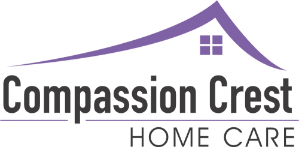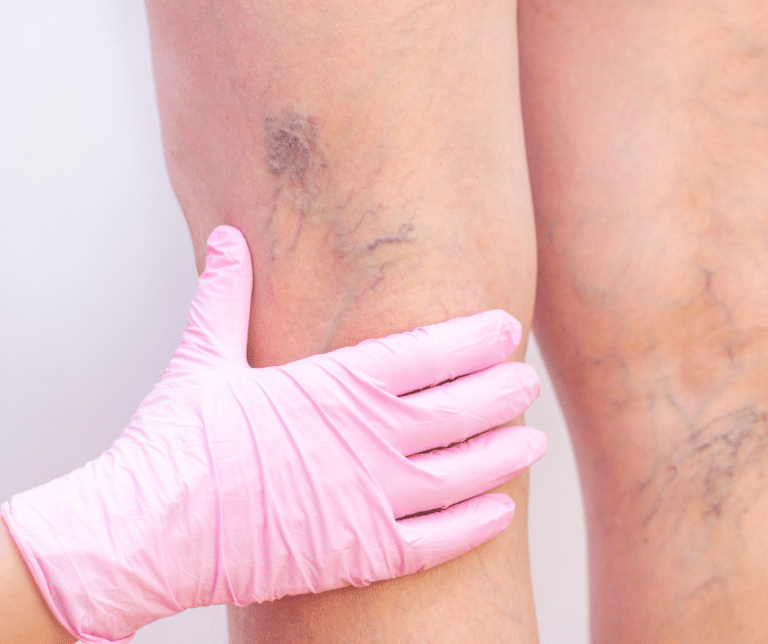Varicose veins are a prevalent problem, particularly among seniors. These bulging, twisting veins most commonly develop in the legs due to compromised or damaged venous walls and valves. With age, the veins lose elasticity, leaving seniors more prone to varicose veins. Unfortunately, varicose veins, while commonly regarded as a cosmetic issue, can pose health risks if not treated. With this in mind, it’s easy to see why seniors should have a good understanding of varicose veins, which is something home care can assist with.
Why Varicose Veins Develop
Small valves in the veins let blood flow from the extremities back to the heart. These valves help keep blood flowing in a single direction. However, as people age, their veins and valves fail. This makes it more difficult for blood to return upward against gravity, causing it to accumulate in the veins. This pressure accumulation causes varicose veins, which can range in hue from blue to dark purple and seem raised above the skin’s surface.
Factors That Contribute to the Development of Varicose Veins in Seniors
There are a variety of factors that might contribute to the development of varicose veins in seniors. With the help of home care, seniors can explore these factors and be encouraged to talk with their medical team about their concerns. Some of the factors include the following:
- Aging: Aging causes veins to lose flexibility, making blood flow more difficult
- Genetics: A family history of varicose veins may increase one’s risk
- Obesity: Carrying excess weight puts additional strain on leg veins
- Sedentary Lifestyle: Prolonged standing or sitting strains the veins, reducing blood circulation efficiency
Health Risks of Varicose Veins in Seniors
Varicose veins are not necessarily a danger themselves, but they can cause major consequences, particularly for seniors. Some potential health dangers are:
- Chronic Venous Insufficiency (CVI): Untreated varicose veins can progress to CVI, a condition in which the veins fail to return enough blood to the heart. This can lead to leg edema, skin changes, and pain.
- Blood Clots: Varicose veins raise the chance of forming blood clots in the superficial veins (superficial thrombophlebitis) or, more concerningly, in the deep veins (deep vein thrombosis, or DVT).
- Poor Circulation: Poor blood circulation can lead to venous ulcers, particularly near the ankles. These are tough to repair and may pose an increased risk of infection.
Treatment Options For Varicose Veins
The intensity, symptoms, and overall health of the senior all influence varicose vein treatment. Some common options are as follows:
- Lifestyle Changes: Exercise, maintaining a healthy weight, and avoiding prolonged sitting or standing can all help to alleviate symptoms. With home care by their side, seniors can be encouraged to make the necessary changes to ensure they remain in good health.
- Compression Stockings: These are frequently the initial line of treatment for varicose veins, assisting veins and muscles in pushing blood towards the heart. Compression stockings come in a variety of strengths and should be chosen with a doctor’s advice.
- Minimally Invasive Procedures: There are also a few minimally invasive procedures that might be tried, including sclerotherapy, which involves injecting a solution into small to medium varicose veins, or endovenous ablation therapy, where a catheter is placed into the vein to close it with heat or radiofrequency energy.
Varicose veins are a common issue that seniors deal with, but they do not have to cause discomfort or health problems. With correct management and therapy, along with the support of home care and their medical team, seniors can alleviate symptoms, enhance circulation, and reduce risks.



